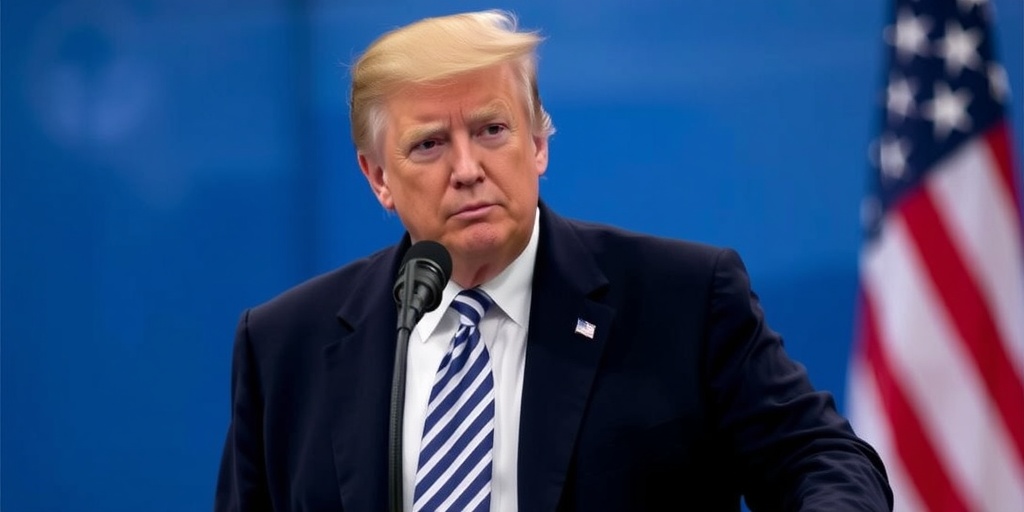Now Reading: 9/11 Mastermind Accepts Disputed Confession for Life Sentence
-
01
9/11 Mastermind Accepts Disputed Confession for Life Sentence
9/11 Mastermind Accepts Disputed Confession for Life Sentence

Khalid Shaikh Mohammed Moves Forward with Plea Deal Amid Legal Controversy Over Confessions
In a significant development in the long-running legal saga surrounding the September 11 attacks, Khalid Shaikh Mohammed—the man alleged to be the mastermind behind the 2001 terrorist assaults—has reached an agreement allowing government prosecutors to utilize parts of his 2007 confession. However, this admission comes with a troubling caveat: the confession was reportedly obtained under torture.
Over the years, Mohammed’s defense team has fought vehemently to exclude these confessions from his upcoming trial. They argue that the confessions were primarily a result of coercion in a secret CIA prison network where Mohammed endured severe torture, including waterboarding and other abusive treatment.
An excerpt from a plea deal, which was recently released by a federal court, indicates that Mohammed has consented to allow prosecutors to use certain portions of these contested confessions during a future sentencing trial, contingent on the condition that he is allowed to plead guilty and be sentenced to life in prison. The plea agreement is currently mired in political and legal intricacies, particularly heightened during the Trump administration.
Following more than a decade of litigation, a senior Pentagon appointee signed separate agreements with Mohammed and two other individuals, Walid bin Attash and Mustafa al-Hawsawi, to settle their cases in exchange for waiving their rights to appeal and contest specific evidentiary matters. This agreement, however, quickly became a point of contention when Defense Secretary Lloyd J. Austin III intervened only two days later. He withdrew from the deals and revoked the authority of his appointee, Susan K. Escallier, asserting that he preferred the accused to face a proper trial.
Currently, the situation remains unresolved: a federal court has paused the plea proceedings while determining whether Austin possessed the authority to dissolve the contracts and whether the case should revert to a full trial. The release of certain excerpts from the plea agreement is deemed critical at this juncture, as hearings continue at Guantánamo Bay regarding Ammar al-Baluchi, the fourth defendant related to the 9/11 case. A military judge will soon decide on the admissibility of Baluchi’s confessions, which were also procured under conditions deemed torturous.
In August 2023, there was precedent established when an Army judge dismissed similar types of evidence in a different capital case within Guantánamo. This opened up questions about the wider implications for the handling of evidence in terror-related trials stemming from allegations of torture.
Amidst these developments, the Court of Appeals for the District of Columbia Circuit has scheduled arguments for January 28 concerning the status of the plea agreements for the other three defendants. Interestingly, the case is being pursued by Biden administration appointees at the Justice Department, who are set to depart their roles imminently. The new career lawyers in the Justice Department have stepped in to manage the legal proceedings and have collaborated with the defense teams of Mohammed, bin Attash, and al-Hawsawi to submit further excerpts from the plea agreements.
The Trump administration has thus far remained noncommittal on how it will address the plea deals, leaving uncertain the future course for the defendants. The military judge overseeing the case has indicated that should the appellate court favor the plea agreements, trial proceedings could occur as early as February. Conversely, if the plea deals disintegrate, defense attorneys will likely resume their efforts to exclude the contested confessions from the impending trial.
As focus narrows on the ongoing legal battles, it is essential to recognize that Baluchi, like his co-defendants, endured extensive time in CIA custody following his capture in Pakistan in 2003 and was subsequently transferred to Guantánamo Bay in 2006. His legal representation argues that the psychological imprint of past interrogations rendered him incapable of providing responses beyond the admissions he had made during his time in CIA custody.
Moreover, defense lawyers for the four men have urged the judge to discard the transcripts of their initial appearances in military review tribunals in early 2007, claiming those statements were similarly tainted by torture. Notably, during his tribunal in March 2007, Mohammed’s supposed confession of responsibility for the September 11 attacks was read aloud, stirring further debate over the legitimacy of such statements.
The prosecution has delineated plans for a sentencing trial estimated to commence later this year and potentially extend into 2026. Chief prosecutor Clayton G. Trivett Jr. has articulated a vision for the trial that includes comprehensive presentations detailing the defendants’ roles in the September 11 attacks, coupled with testimonies from victims and surviving family members.
As the legal proceedings continue to unfold, the broader implications of using evidence obtained through alleged torture remain a poignant issue, drawing attention to the ethics and legality surrounding national security measures and the pursuit of justice.
Stay Informed With the Latest & Most Important News
Previous Post
Next Post
-
 01New technology breakthrough has everyone talking right now
01New technology breakthrough has everyone talking right now -
 02Unbelievable life hack everyone needs to try today
02Unbelievable life hack everyone needs to try today -
 03Fascinating discovery found buried deep beneath the ocean
03Fascinating discovery found buried deep beneath the ocean -
 04Man invents genius device that solves everyday problems
04Man invents genius device that solves everyday problems -
 05Shocking discovery that changes what we know forever
05Shocking discovery that changes what we know forever -
 06Internet goes wild over celebrity’s unexpected fashion choice
06Internet goes wild over celebrity’s unexpected fashion choice -
 07Rare animal sighting stuns scientists and wildlife lovers
07Rare animal sighting stuns scientists and wildlife lovers





















